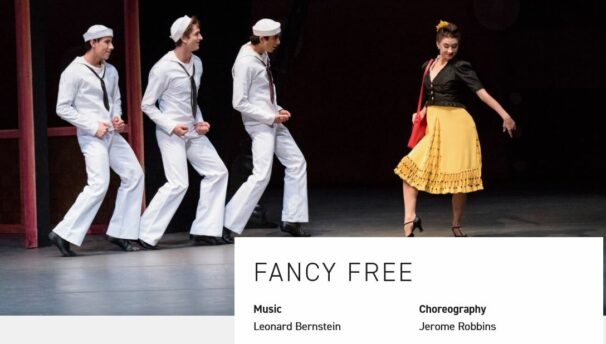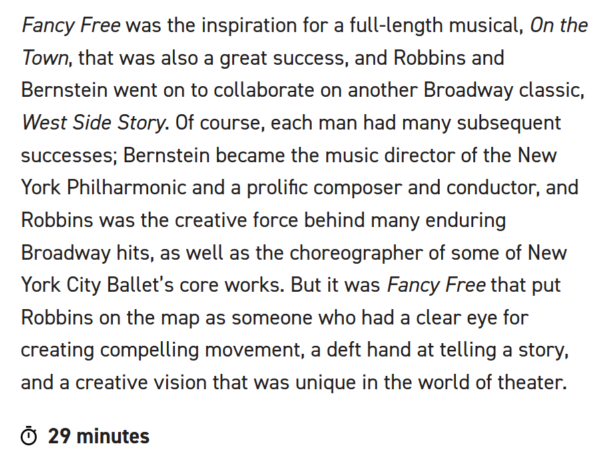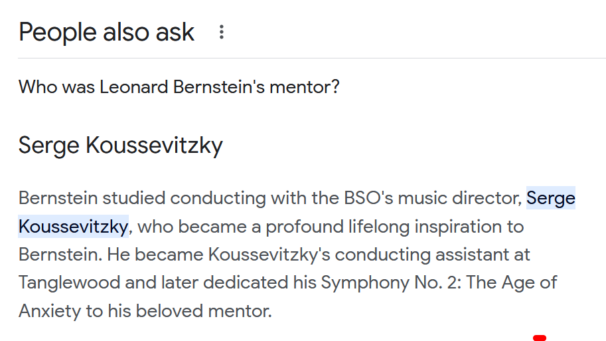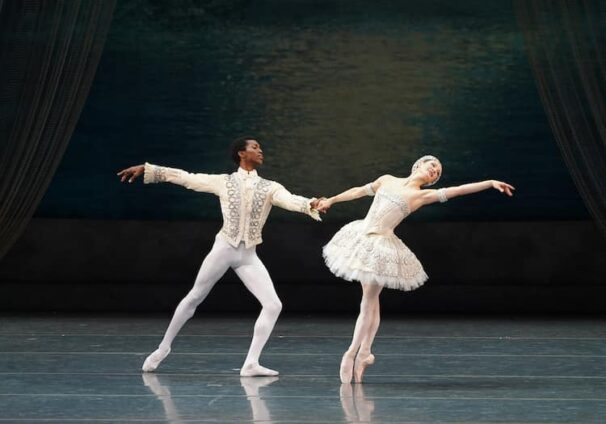
As the Internet has expanded opportunities for all kinds of people to be published (including riff-raff like artsmeme!) with bylines, so too has spread misinformation, glitches, and snafus, the kinds of mistakes that an editor used to safeguard from readers. I myself am in this situation; I self-publish without editorial oversight. I am always grateful to get a note from a reader so I may make corrections.
But I expect more, and better, editing from major, branded publications, who ostensibly still have processes in place to catch the inevitable typo or misstatement. It’s sickening to see errors in The Atlantic — if only because in days of yore, we high school AP-English students received Atlantic subscriptions as the standard-bearing, sina qua non of written English-language usage. But that was then, and now is now. A few choice selections that recently jarred the eye and brain:
Publication: The Atlantic Monthly
Date: November 30, 2023
Author: David Sims, a staff writer at The Atlantic, where he covers culture
Story title: “Bradley Cooper’s Leonard Bernstein Biopic Is Fantastic”

Hello, Mr. Sims! “Fancy Free” (1944) is not a song. It is a nearly half-hour-long composition of ballet music. Maestro includes a scene in which Bernstein adds a personal message to a disc of recorded music before famously (all this stuff is famous, it’s legend) mailing it to Jerome Robbins, then in San Francisco dancing (as a dancer, not a choreographer, not until “Fancy Free”) with American Ballet Theatre and working out his “Fancy Free” choreography on the road. You see this in Maestro. Here is the description of “Fancy Free” from the website of New York City Ballet.


Publication: The Atlantic Monthly
Date: November 30, 2023
Author: David Sims, a staff writer at The Atlantic, where he covers culture
Story title: “Bradley Cooper’s Leonard Bernstein Biopic Is Fantastic”

Re: “one of his mentors”
Leonard Bernstein had but one mentor. That was Serge Koussevitzky, the Russian-born conductor, composer and double-bassist known for his long tenure as music director of the Boston Symphony Orchestra. Try Google, Mr. Sims, it can help.

In Maestro‘s prolonged lunchtime scene, the actor playing Koussevitzky (he is seated at the end of a long table, which signals a certain authority) speaks with a heavy Russian accent, and several characters at the table (prominently Lenny) call hi “Kouss.” I learned about Koussevitzky’s influence on Bernstein by reading a Bernstein biography by Meryle Secrest. And this comment I would direct toward the filmmakers: “Kouss”‘s influence on Bernstein ran more along the lines of his disapproval of Lenny’s proclivity for writing for Broadway rather than composing classical music. Not for pushing Bernstein to take a non-Jewish name. That’s just demeaning to everyone.

Publication: Town and Country magazine
Date: Oct 18, 2023 7:30 AM EST
Author: Isiah Magsino, Style News Editor covering society, style, art, and design.
Story title: “Susan Jaffe Is Ready to Bring American Ballet Theatre Into a New Era”
Egregious untruth that made it to print:
Re: “white tights”
With infinite respect for the fact that the issue of a lack of diversity in classical ballet remains an unsolved hornet’s nest, the Town & Country writer, Mr. Magsino still got it dead wrong. The traditional color for ballet tights is pink, not white. Of course, we are referring to women. There is no default tight color for men. Pictured below are two glorious dancers: Shevchenko in her pink tights, while Calvin Royal III, looking spectacular, is costumed in white ones.

Unfortunately, this feature will be a repeating one on artsmeme. Please feel free to submit the arts-related glitches and whoppers you see in print to contact@artsmeme.com.

